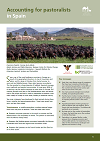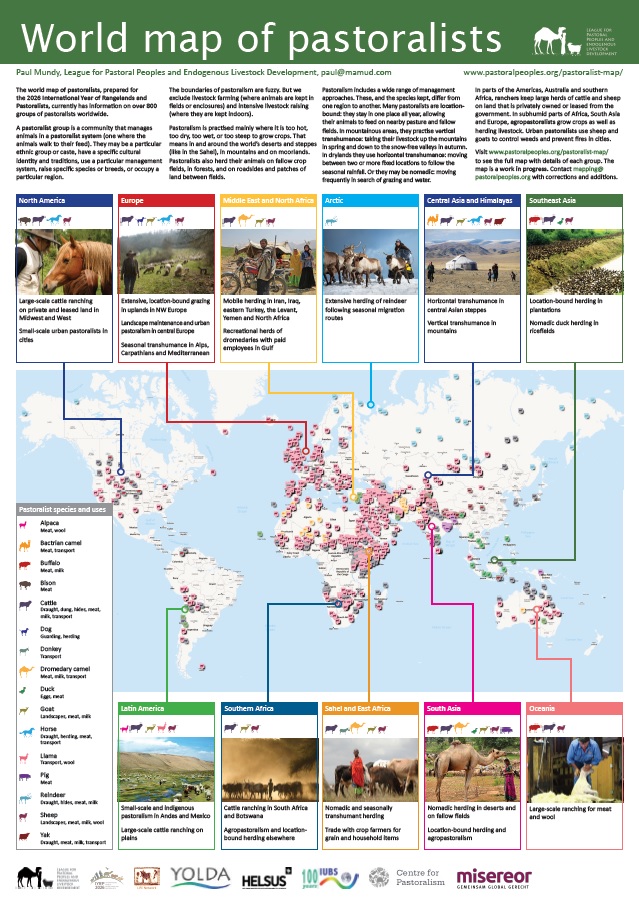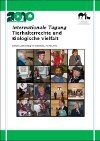Spain has a very diverse range of ecosystems that have been created and transformed over centuries by pastoralism. Some 88% of the country’s land area can be used as pastures at some time of the year. Two main pastoral strategies have evolved: transhumance, and agrosilvopastoralism.
- Transhumance involves moving animals between winter pastures (usually in the plains) to summer pastures (often in the mountains).
- Agrosilvopastoralism involves grazing animals on pasture and crop residues, and in forests and tree plantations. The dehesa oak parklands are an example.
No data exist on the number of pastoralists in Spain, the lands they use or the numbers of animals they keep. Pastoralism is in general decline, under pressure from changing economics and unfavourable policies. But awareness of its value for the environment, landscape management and tourism is rising.
 Title: Accounting for pastoralists in SpainAuthor: Francesca Pasetti, Concejo de la Mesta; Rubén Serrano and Pablo Manzano, Basque Centre for Climate Change; Pedro Herrera, Fundación Entretantos – Spanish Platform for Extensive Livestock Systems and Pastoralism / League for Pastoral Peoples and Endogenous Livestock Development / 2022Description: Information briefFormat: PdfPages: 6Download document
Title: Accounting for pastoralists in SpainAuthor: Francesca Pasetti, Concejo de la Mesta; Rubén Serrano and Pablo Manzano, Basque Centre for Climate Change; Pedro Herrera, Fundación Entretantos – Spanish Platform for Extensive Livestock Systems and Pastoralism / League for Pastoral Peoples and Endogenous Livestock Development / 2022Description: Information briefFormat: PdfPages: 6Download document



